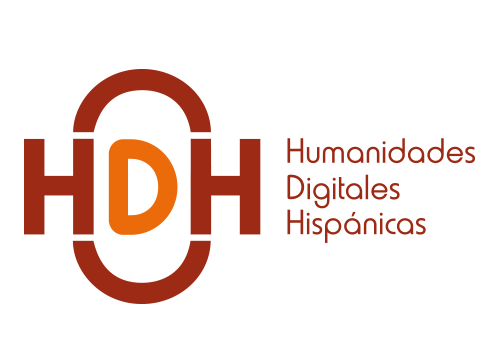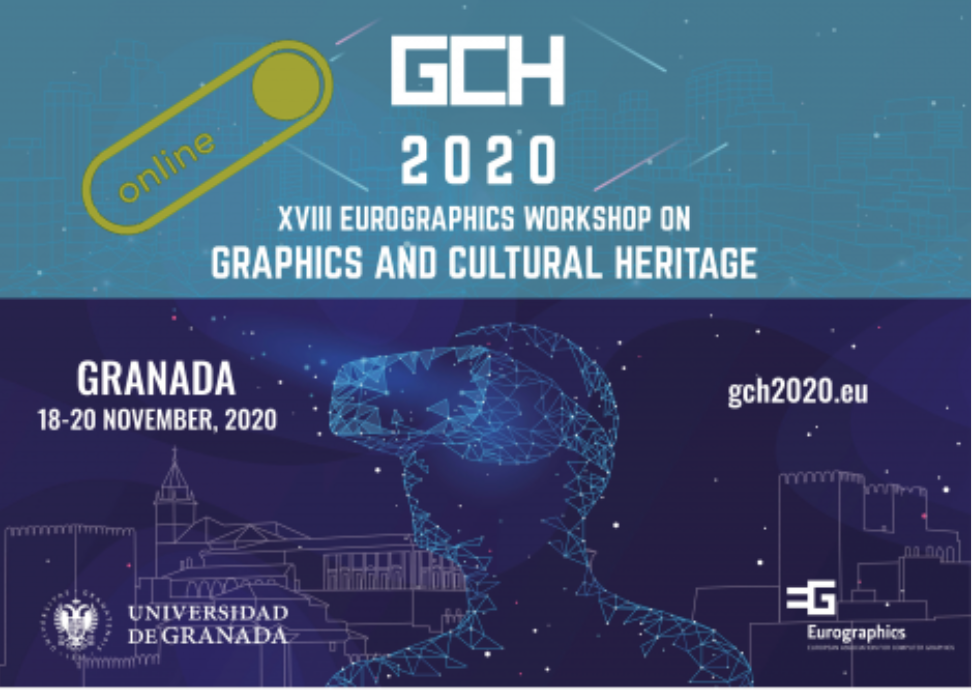18th Eurographics Workshop on Graphics and Cultural Heritage. EG GCH2020
The 18th EUROGRAPHICS Workshop on Graphics and Cultural Heritage (GCH 2020) aims to engage practitioners and researchers across the world working at the interface of novel 3D digital technologies and cultural heritage. This year, EG GCH will be ONLINE, organized by the University of Granada.
GCH2020 welcomes presentations of projects and applications that demonstrate how computer graphics and other digital technologies could impact to cultural heritage. Hence, interdisciplinary and multidisciplinary approaches are particularly welcome to the event.
The event seeks different types of contributions including:
1. Research papers: original and innovative research (maximum 10 pages)
2. Short papers: update of ongoing research activities or projects (maximum 4 pages)
3. Posters: overview of activities (500 words abstract)
4. Special sessions on topics of interest to the workshop
Topics
======
Contributions are solicited (but not limited to) in the following topics:
● Digitisation of Cultural Heritage resources, such as 3D scanning, motion capture, multispectral imaging, X-ray, terahertz imaging
● Visual data analysis, processing and fusion
● Digital libraries, archiving and long-term preservation of 3D documents
● Visual data analysis and modelling, including semantic-aware representation of digital artefacts (metadata, classification schemes, annotation), similarity search and browsing
● Visualization and virtual museums, including serious games and storytelling
● Multi-modal and interactive environments
● Spatial and mobile augmentation of physical collections with digital presentations
● Digital fabrication, including subtractive and additive methods such as 3D printing
● Computer Graphics related technologies applied to sustainable tourism solutions.
Important deadlines
===============
Research papers 23th october 2020
Short papers 23th october 2020
Poster 23th october 2020
Submission instructions
=======================
Research papers, short papers and posters
——————————————
Please submit your work via the SRM conference management system:https://srmv2.eg.org/COMFy/Conference/GCH_2020
If you have any problems using these format templates, please contact the programme chairs directly at chairs-gch2020@eg.org
For posters, please submit a 500 word abstract.
Tutorials and special sessions
——————————
Please submit the name of the proposer, a summary of the planned activity as well as list of speakers to chairs-gch2020@eg.org
Proceedings
===========
All accepted research and short papers will be published by the Eurographics Association and archived in the EG Digital Library. The authors of the five selected best papers will be invited to submit an extended version to the ACM Journal on Computing and Cultural Heritage (JOCCH, see http://jocch.acm.org/).
We will seek to publish other contributions in collaboration with proposers of tutorials and special sessions.
Organization
============
CONFERENCE CHAIRS
● Carlos Andujar (Universitat Politècnica de Catalunya) -WS chair-
● Francisco Javier Melero (Universidad de Granada) -local chair
PROGRAMME CHAIRS
● Michela Spagnuolo (CNR-IMATI)
● Francisco Javier Melero (Universidad de Granada)
TUTORIAL CHAIRS
● Carlos Ureña (Universidad de Granada)
● Sofia Pescarin, CNR-ITAB
PROGRAMME COMMITTEE (might be extended)
Benedict Brown, Yale University
Chiara Eva Catalano, CNR – IMATI
Alan Chalmers, University of Warwick
Dieter Fellner, TU Darmstadt, Fraunhofer IDG
Enrico Gobbetti, CRS4
Alfonso Ippolito, Università La Sapienza
Stuart James, CHT – IIT
Martin Kampel, TU Wien
José Luis Lerma, Universidad Politécnica de Valencia
Ricardo Marroquim, TU Delft
Fabio Marton, CRS4
Asla Medeiros, Fundacao Getulio Vargas
Michela Mortara, CNR-IMATI
Sofia Pescarin, CNR-ISPC
Patrick Reuter, University Bordeaux
Selma Rizvic, University of Sarajevo
Karina Rodriguez Echavarria, University of Brighton
Holly Rushmeier, Yale University
Pedro Santos, Fraunhofer IDG
Tobias Schreck, TU Graz
Roberto Scopigno, CNR-ISTI
Michael Weinmann, University of Bonn




